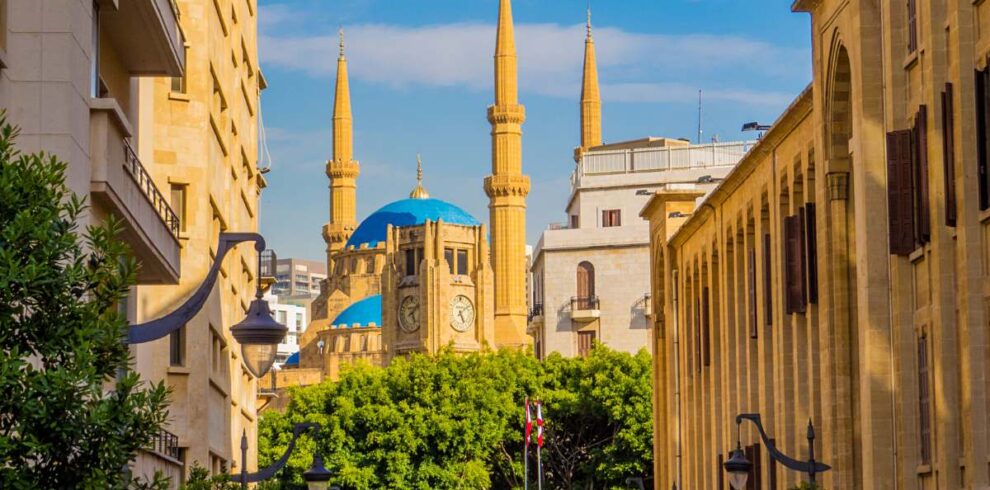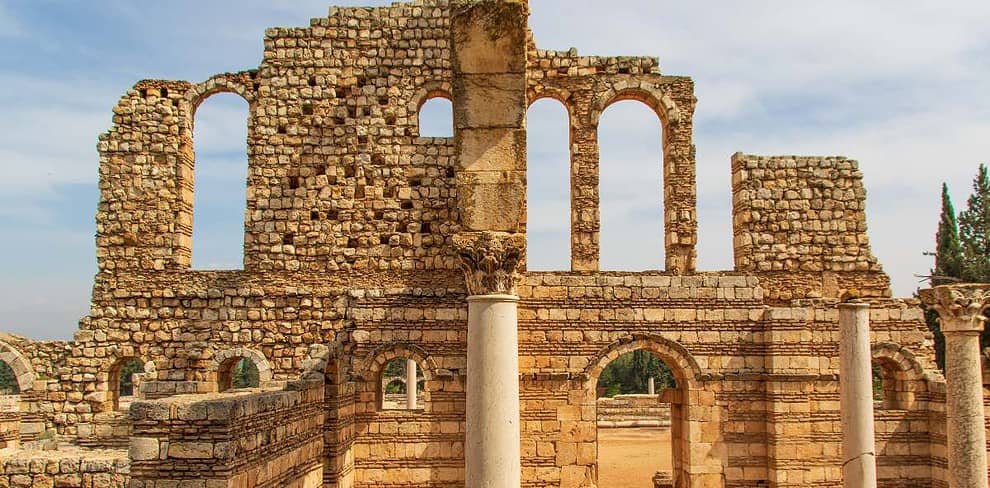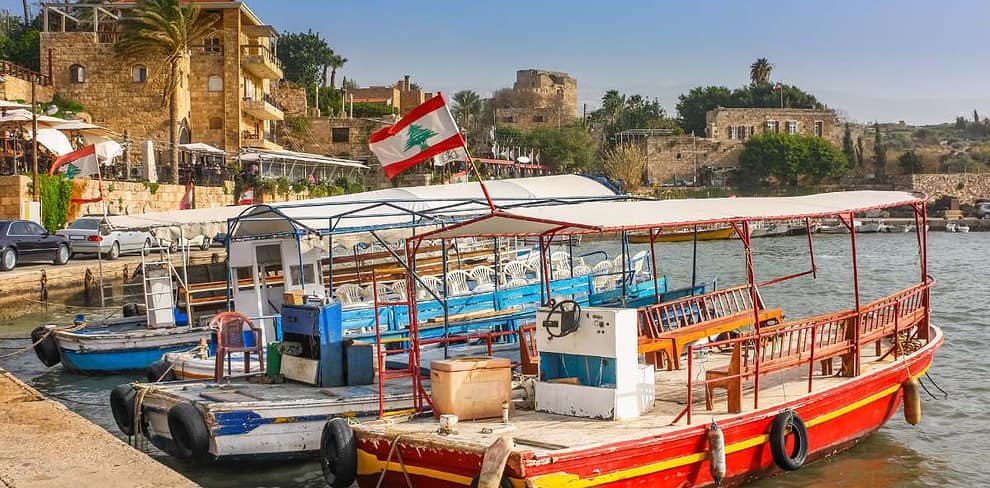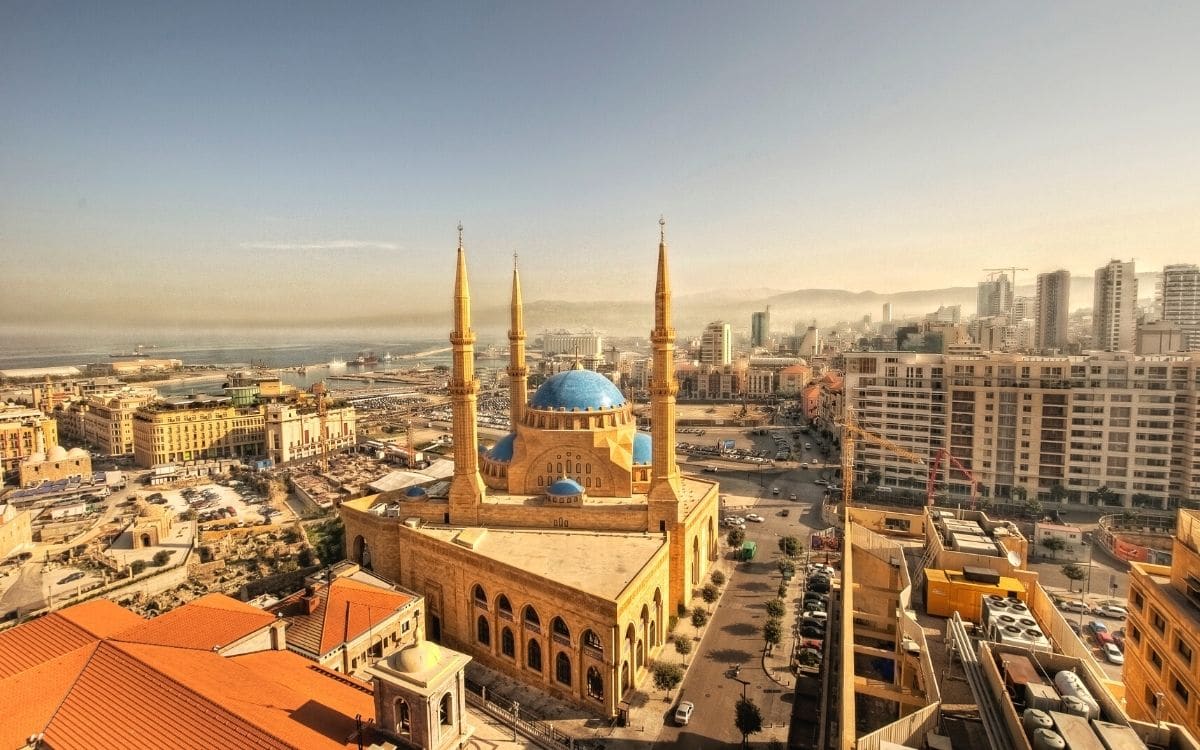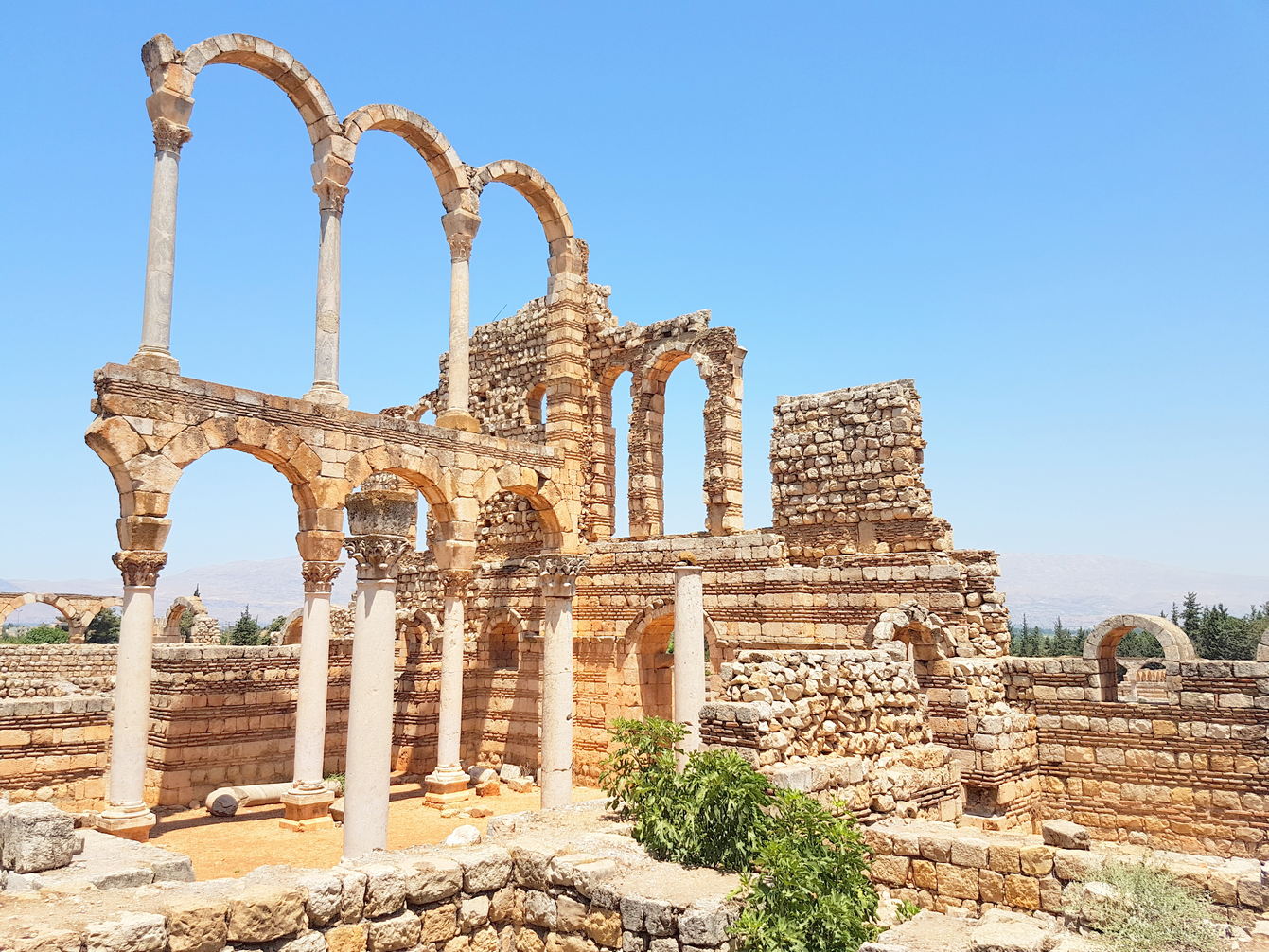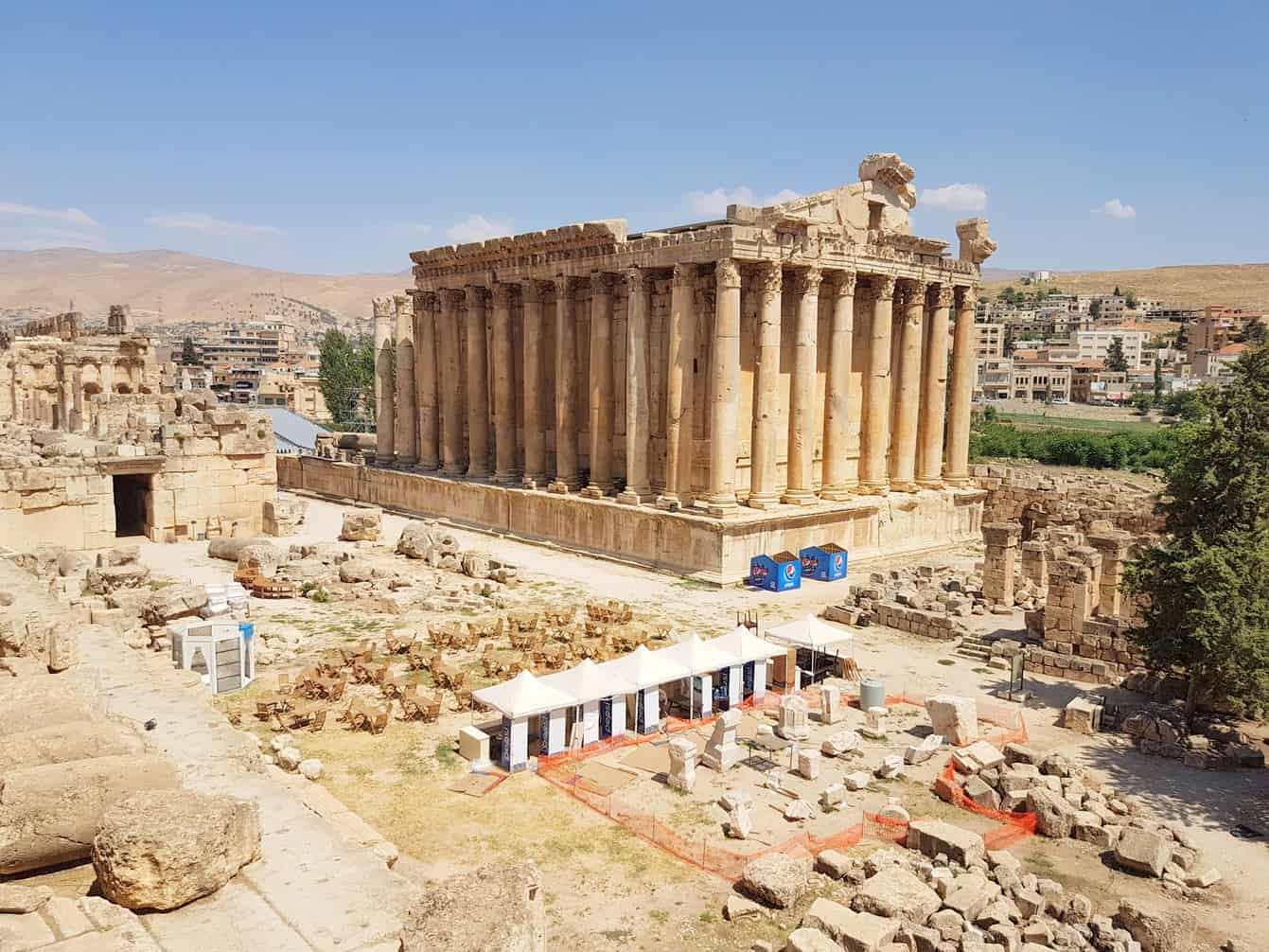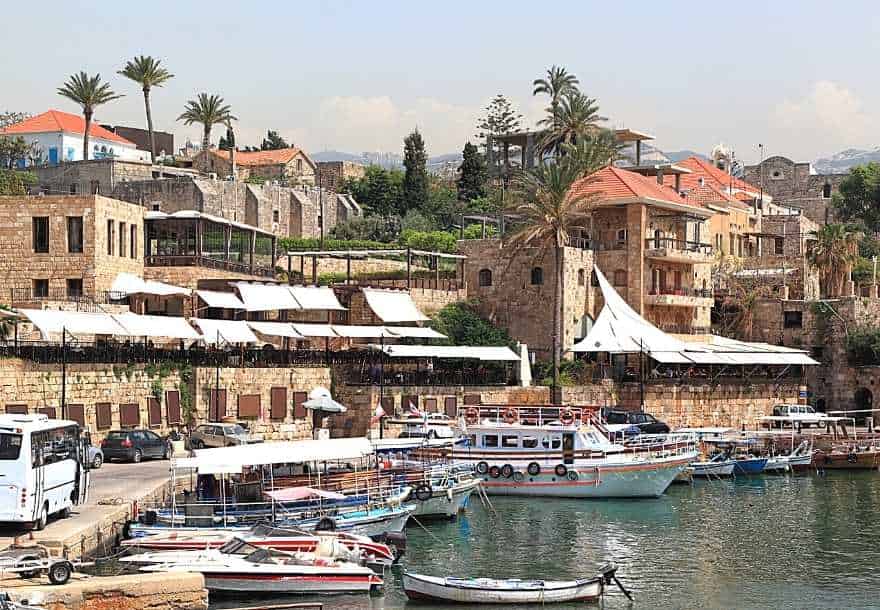Table of Contents
Delve into Lebanon culture as we provide you with an in-depth understanding of the customs of Lebanon, and its diverse and vibrant heritage, encompassing traditions, values, and unique customs and practices.
Lebanese people place a strong emphasis on hospitality, warmly welcoming guests with open arms. Family is at the core of Lebanese society, with tight-knit bonds and a strong sense of community. It’s important to recognize that Lebanon culture is continually evolving, influenced by historical events, regional dynamics, and global interactions.
Understanding the culture of Lebanon can provide valuable insights into the complex and diverse society of the country.
Lebanon Culture
Here are the most important points to begin learning about Lebanon culture and customs:
- Ethnic Diversity: Lebanon is home to a diverse mix of ethnic groups, each with its own customs and traditions. Lebanese, Syrians, Palestinians, and Armenians are some of the major ethnic communities.
- Languages: The two official languages are Arabic and French, but English is also widely spoken. Numerous regional languages and dialects are used across the country.
- Religious Practices: Lebanon is known for its religious diversity, with significant Christian and Muslim populations. Religious practices deeply influence Lebanon culture, including daily prayers, fasting during Ramadan for Muslims, and various Christian traditions.
- Greeting Etiquette: Greetings are an important part of Lebanon culture. Handshakes are common between men, while men and women usually do not shake hands. Instead, they greet each other verbally with polite phrases.
- Traditional Clothing: Traditional Lebanese clothing varies by region and ethnicity but remains an integral part of Lebanese identity. Men often wear the “sherwal” or “jellaba,” while women may wear “abayas” or “kaftans.”
- Cuisine: Lebanese cuisine is renowned for dishes like tabbouleh, kebabs, falafel, and baklava. It reflects a blend of Mediterranean and Middle Eastern flavors.
- Hospitality: Lebanese people are known for their warm hospitality. When guests visit, they are offered coffee, sweets, and often a place to stay. It is considered impolite to decline such offers.
- Respect for Elders: Respect for elders is deeply ingrained in Lebanese customs. Younger individuals show deference to their seniors through words and actions.
- Arts and Crafts: Lebanon has a rich tradition of arts and crafts, including intricate pottery, mosaics, and traditional Lebanese music.
- Music and Dance: Traditional Lebanese music includes instruments like the oud and darbuka. Dabke, a folk dance, is an integral part of cultural celebrations.
- Celebration of Festivals: Lebanese people celebrate various religious and cultural festivals, such as Christmas, Eid al-Fitr, and Easter. These celebrations often involve special prayers, feasts, and gatherings with family and friends.
- Family and Community: Family is central to Lebanese society, and strong community bonds are essential for support and social cohesion.
- Gender Roles: Traditional gender roles exist, with men and women often occupying distinct social spheres. However, changes are occurring, particularly in urban areas.
- Marriage Traditions: Marriage is a significant cultural event in Lebanon, with elaborate celebrations and traditions. Families play a central role in matchmaking, and the union is seen as a commitment not only between individuals but also between families.
- Resilience and Adaptation: Lebanon’s history of conflicts and challenges has shaped its culture, fostering resilience and strong community ties.
These customs are essential aspects of Lebanon culture and are readily visible in everyday life, reflecting the country’s rich cultural heritage and strong sense of community and tradition.
Lebanon Traditional Attire
Lebanon’s traditional attire is a reflection of the country’s diverse cultural heritage, regional variations, and historical influences. The clothing worn by Lebanese not only serves functional purposes but also carries significant cultural and social meanings.
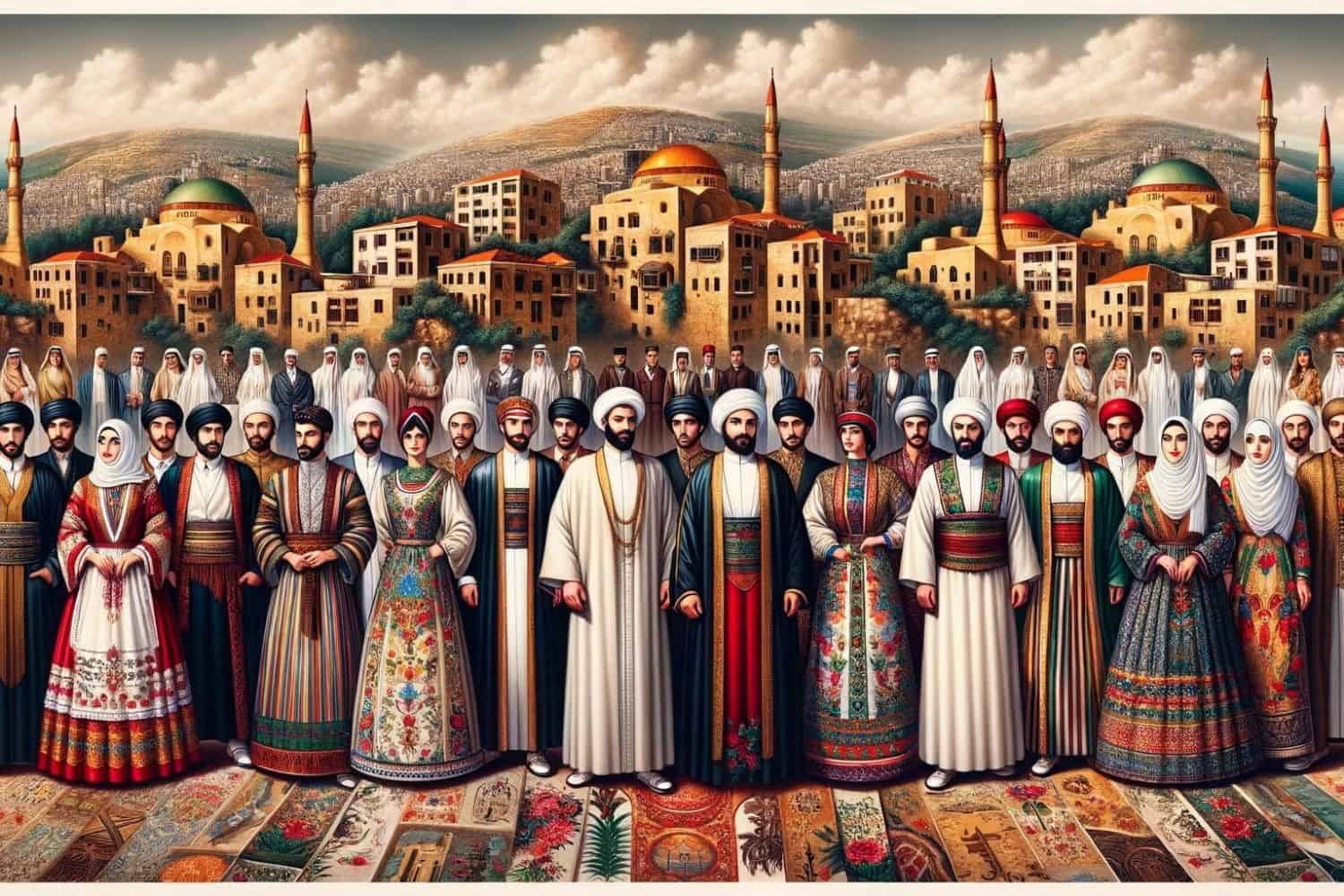
1. Regional Variation: Lebanon’s traditional clothing varies from region to region, influenced by the local climate, lifestyle, and ethnic traditions. In the colder mountainous areas of Lebanon, people tend to wear heavier and more layered garments, while in the coastal and warmer regions, lighter clothing is preferred.
2. Druze Dress: The traditional attire of the Druze community, one of Lebanon’s ethnic groups, includes the “sherwal” for men, which are loose-fitting pants, and a long tunic for women. The attire may also include a head covering or scarf. Women’s dresses are often colorful and adorned with intricate patterns.
3. Maronite and Greek Orthodox Attire: Maronite Christians and Greek Orthodox Christians, among other communities, have their distinctive traditional clothing. For instance, Maronite men may wear a “jubba,” a long robe-like garment, while women often don dresses with delicate embroidery. Greek Orthodox attire might include tunics and headscarves for both men and women.
4. Bedouin and Tribal Clothing: Lebanon has Bedouin and tribal communities that have unique attire suited to their traditional way of life. They might wear flowing robes, vibrant scarves, and ornate jewelry. These tribal styles not only serve practical purposes but also symbolize their cultural identity.
5. Modesty and Cultural Significance: Traditional Lebanese clothing emphasizes modesty, with loose-fitting garments that cover the body. The choice of colors, fabrics, and embroidery often carries cultural and regional significance, and attire may also indicate one’s social or marital status.
6. Special Occasion Attire: Lebanese individuals dress elaborately for special occasions and celebrations, with vibrant and ornate clothing adorned with intricate beadwork, embroidery, and jewelry. Weddings, festivals, and religious events provide opportunities for people to showcase their finest traditional attire.
7. Adaptation to Modernity: While traditional attire remains important, urbanization and modern influences have led to the integration of Western clothing in daily life, especially in urban centers like Beirut. Many Lebanese wear a combination of traditional and contemporary clothing, reflecting changing lifestyles and global fashion trends.
Lebanon’s traditional attire is not just a matter of clothing; it is a vibrant expression of the country’s cultural diversity, history, and identity. It serves as a visual testament to the rich tapestry of traditions that have shaped Lebanese society for centuries.
Lebanon Marriage Traditions
Lebanese marriage traditions are deeply rooted in the country’s rich cultural and religious diversity, with variations across different regions and communities. These traditions hold a significant place in Lebanese society, blending historical customs with contemporary influences.
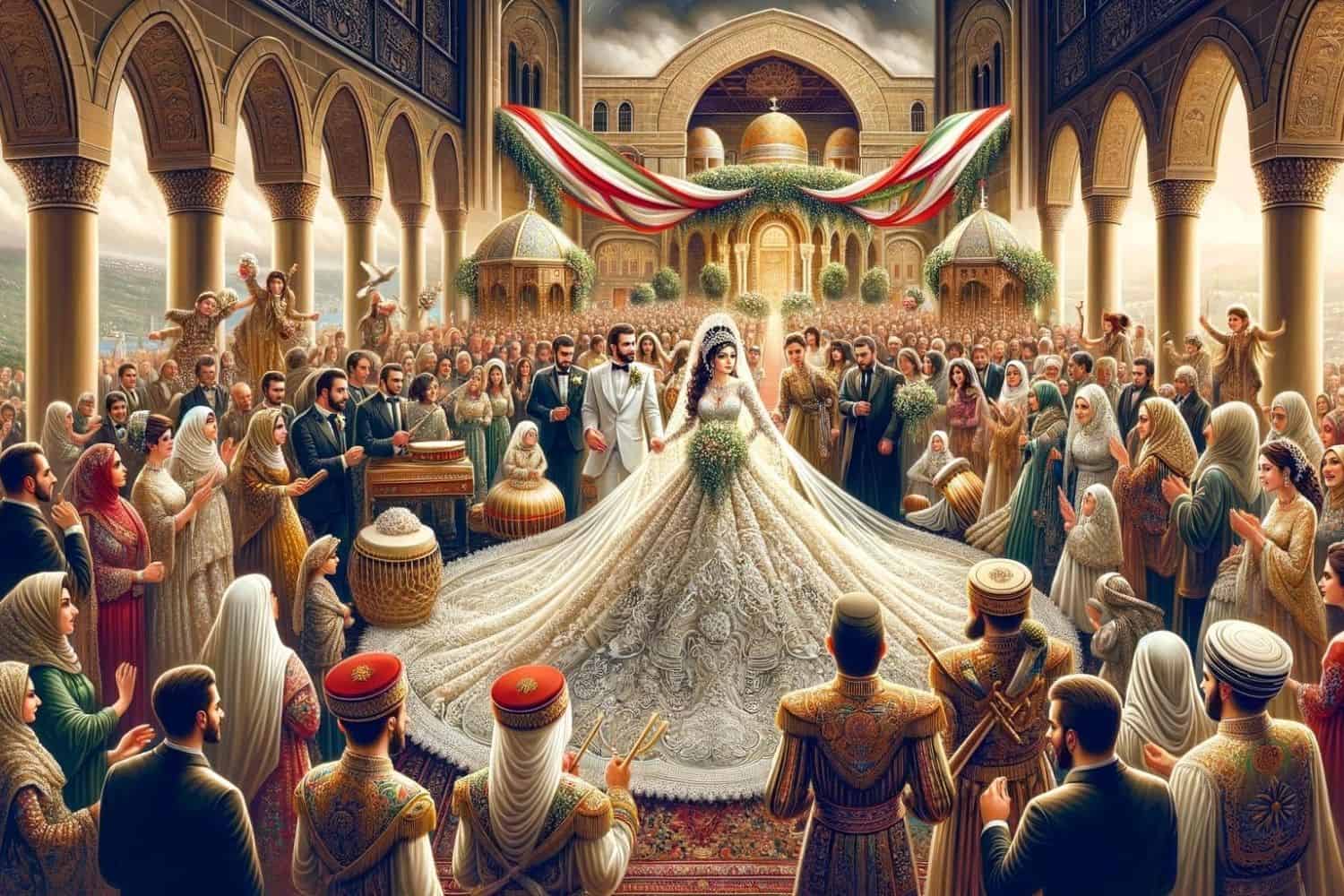
1. Arranged Marriages: Arranged marriages are quite common in Lebanon, where families often play a crucial role in selecting suitable partners for their children. These unions are viewed as a way to maintain cultural ties and ensure compatibility between families.
2. Matchmakers: Matchmakers, known as “khatifeh” in Arabic, assist in finding suitable matches for individuals. They consider factors such as family background, social standing, and compatibility when suggesting potential partners.
3. Engagement: Once a suitable match is found, the engagement process begins with a formal agreement between the families. This agreement, known as “khetbeh” or “khidbeh,” symbolizes the commitment of the couple to marry.
4. Wedding Celebrations: Lebanese weddings are known for their grandeur, often lasting for several days. They involve traditional customs, lavish feasts, music, and dancing. The central wedding ceremony usually takes place in a church or at a venue and includes the exchange of vows and rings.
5. Dowry (Mahr): In Lebanon, it is customary for the groom to provide a dowry to the bride as a sign of commitment and financial security. The dowry’s size and form can vary based on the families and regions involved.
6. Bridal Attire: Lebanese brides traditionally wear exquisite, intricately designed dresses, often accompanied by elaborate jewelry. The bridal attire may differ based on the region and religious affiliation, with Christian, Sunni, Shia, and Druze brides showcasing distinct styles.
7. Post-Wedding Customs: After the wedding, various customs may continue, such as the “Zaffeh,” a lively wedding procession with drummers and dancers, and the “Honeymoon” period where the newlyweds start their life together.
8. Religious Significance: Marriage holds both social and religious importance in Lebanon, with strong ties to the customs and practices of various religious communities, including Christianity and Islam. Religious ceremonies often include blessings and prayers.
9. Family and Community Involvement: Lebanese weddings are not just about the couple but also a community affair. Extended families and the broader community actively participate in the celebrations, providing support and sharing in the joy.
10. Contemporary Changes: In modern Lebanese society, there is a growing trend toward love marriages, where individuals choose their partners based on personal preferences. However, many couples still incorporate traditional customs and rituals into their weddings to honor their heritage.
Lebanese marriage traditions embody the significance of family, community, and cultural heritage in Lebanese society. While some aspects have evolved with time, they remain an integral part of Lebanese life, preserving the nation’s cultural identity and social bonds.
Lebanon Food Culture
Lebanon food culture is a captivating and diverse reflection of its history, geography, and the fusion of culinary traditions from the Mediterranean, the Middle East, and various surrounding regions.
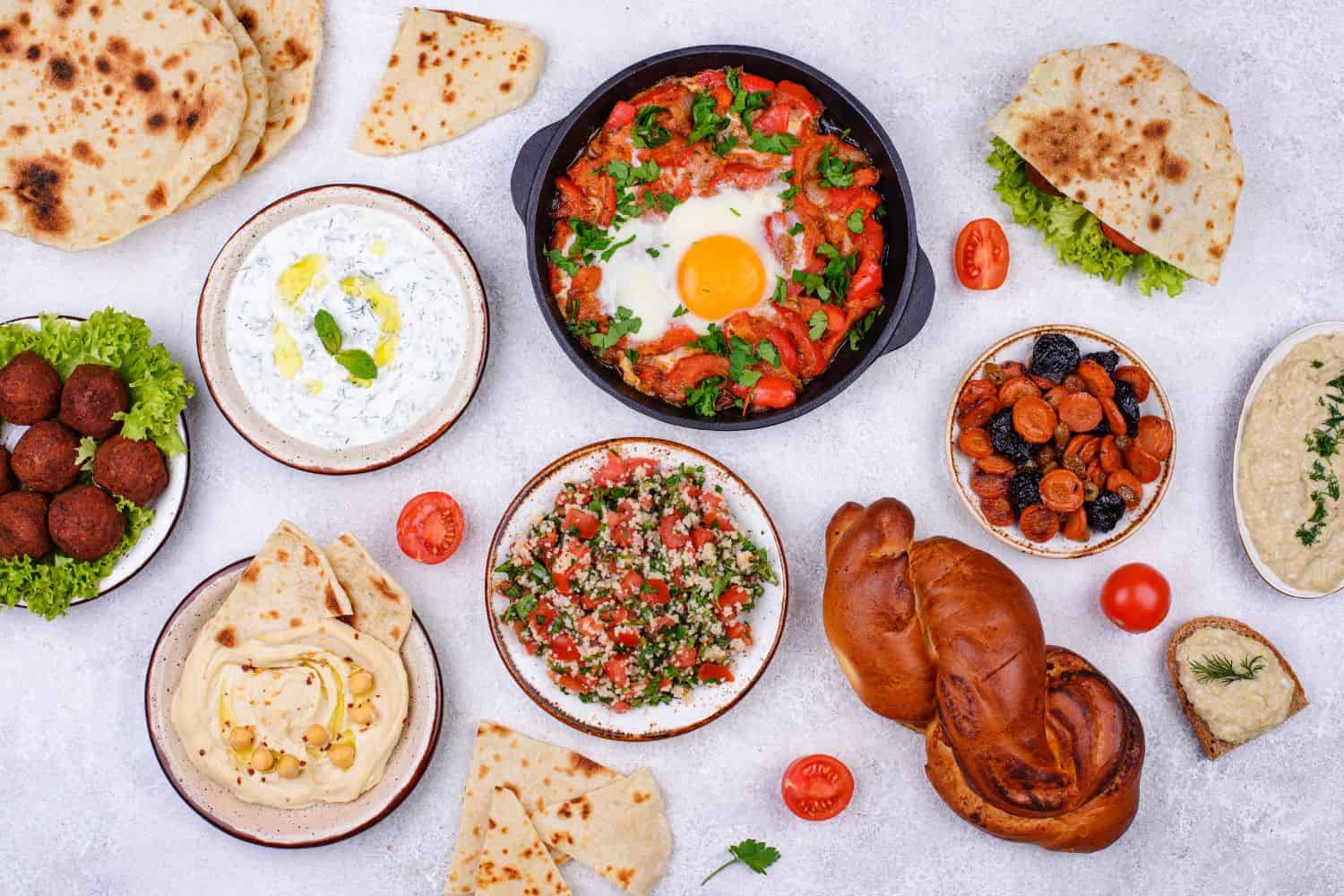
- Regional Variation: Food from Lebanon diverse geography, comprising coastal plains, fertile valleys, and mountainous regions, has given rise to a wide range of regional cuisines. Each area incorporates local ingredients and culinary methods, crafting a rich tapestry of flavors unique to each locality.
- Staple Foods: Lebanese cuisine relies heavily on staple foods such as rice, bread (especially pita bread or Lebanese flatbread), and grains like bulgur and couscous. Rice dishes like “kabsa” and “maklouba” are particularly beloved.
- Grilled Delights: Grilled meats, especially kebabs, are a hallmark of Lebanese cuisine. Lamb, beef, and chicken are frequently marinated in a medley of spices before grilling.
- Aromatic Spices and Herbs: Lebanese cuisine embraces a variety of spices and herbs like sumac, thyme, cinnamon, and mint. These seasonings infuse dishes with depth and complexity.
- Traditional Delicacies: Lebanese cuisine features traditional dishes like “kibbeh” (ground meat and bulgur), “stuffed grape leaves” (dolma), “manakish” (flatbreads with various toppings), and “sambousek” (savory pastries). These dishes often exhibit regional variations.
- Use of Yogurt: Yogurt is a prevalent ingredient in Lebanese cuisine and is used in dishes like “tzatziki” (yogurt-based dip), “laban” (yogurt drink), and as a side condiment.
- Wood-Fired Ovens: Traditional wood-fired ovens are frequently used for baking bread and preparing dishes like “lahm bi ajin” (Lebanese pizza) and “sfiha” (savory pastries).
- Delectable Desserts: Lebanese sweets often incorporate ingredients like pistachios, dates, and orange blossom water. “Baklava” and “ma’amoul” are popular desserts, especially during festivities.
- Coffee Culture: Lebanese people have a strong coffee culture, with Arabic coffee being a cherished choice. It is often brewed strong and served with cardamom, accompanied by animated conversations and social gatherings.
- Family and Community Dining: Lebanon culture places a significant emphasis on communal dining. Families and friends often congregate around a “sofra” (table) to share meals together.
- Global Influence: Lebanese cuisine has gained recognition and popularity worldwide due to the Lebanese diaspora. Lebanese restaurants in international cities offer a taste of Lebanon culture to diverse audiences.
- Adaptability and Resilience: Despite various challenges, Lebanese cuisine has persevered and adapted over the years. The ingenuity of Lebanese chefs is evident in their ability to craft delectable dishes even in demanding circumstances.
Book our services
Our services as a travel agency in Lebanon ensure that your journey is not only enjoyable but also informative and hassle-free. Lebanon’s cultural delights, historical marvels, and natural wonders await your exploration with RJ Travel LLC. Our Lebanon Private Tours are designed to immerse you in the rich cultural heritage, historical significance, and breathtaking landscapes of this extraordinary nation.
Contact Us and our team will make sure to help you plan your trip to Lebanon when it’s safe and ready for travel. Whether you’re interested in joining a pre-arranged Lebanon small group tour or creating a custom itinerary, we are here to make your Lebanese adventure an unforgettable reality.
More About Lebanon
[the-post-grid id=”50388″ title=”Lebanon Main page”]
Book Your Trip to Lebanon Today!
Embark on an unforgettable journey and explore the allure of Lebanon through our exclusive tours.

